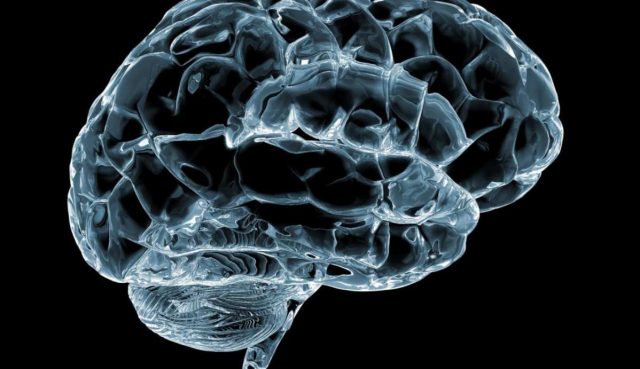A systematic review carried out by researchers from the Hospital General Brigham de Massachusetts (Mass General Brigham) has reinforced the scientific evidence that supports the use of preventive tools, such as Brain Care Score, to reduce the risk of brain diseases related to aging, such as stroke, dementia and depression in old age.
Posted in the magazine Journal of Neurology, Neurosurgery & Psychiatry, The study emphasizes that these diseases, although of high prevalence and great impact on the quality of life of older adults, can be prevented through interventions aimed at modifiable risk factors.
«Our analysis identified 17 modifiable risk factors Shared between the stroke, dementia and/or depression in old age. This suggests multiple opportunities to reduce the risk of developing these conditions, ”explained Dr. Sanjula Singh, principal author of the leading study and researcher at Brain Care Labs, part of the Mass General Brigham.
An integral approach
The research team carried out a systematic review of published meta -analysis on risk factors for Ictus, dementia and late depression. Subsequently, they integrated the data to identify common factors to at least two of these three diseases and evaluated their relative impact on quality of life and premature mortality.
In total, 17 modifiable risk factors were identified, Among them:
- High blood pressure
- Chronic kidney disease
- Eye plasma glucose
- Total cholesterol
- Alcohol consumption
- Diet
- Hearing loss
- Chronic pain
- Physical activity
- Sense of purpose in life
- Sleep quality
- Smoking
- Social interaction
- Psychological stress
Of all of them, hypertension and advanced kidney disease were the ones that most related to a higher accumulated risk of the three conditions.
On the other hand, factors such as regular physical activity and participation in cognitively stimulating activities (such as resolving puzzles) were associated with a lower risk of disease. However, the authors clarify that these associations could be a reflection of the general health status: that is, people who already present some cognitive impairment could be less able to participate in this type of activities.
Towards a preventive medicine of the brain
The findings support the need to develop personalized preventive strategies and tools such as Brain Care Scorea scale that allows evaluating and optimizing brain health from an early stages of adult life.
«This work reinforces the importance of acting before symptoms appear. Brain health It must be addressed as a priority from average ages, not only when clinical signs begin, ”concludes Singh.
Research offers a new perspective on neurological deterioration prevention, stressing that brain care must be comprehensive, proactive and based on scientific evidence.




